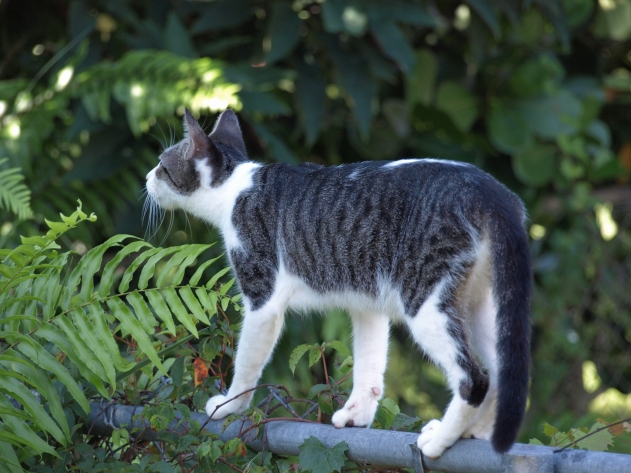 The FVRCP vaccination is an essential piece of your feline’s routine. It keeps three conceivably deadly airborne viruses from infecting your cat, these viruses are rhinotracheitis, calicivirus and panleukopenia.
The FVRCP vaccination is an essential piece of your feline’s routine. It keeps three conceivably deadly airborne viruses from infecting your cat, these viruses are rhinotracheitis, calicivirus and panleukopenia.
Rhnotracheitis Virus
Rhinotracheitis is activated by the regular feline herpes virus. Symptoms incorporate sniffling, a runny nose and drooling. Your feline’s eyes may get to be crusted with mucus, and he or she may sleep a great deal more and eat substantially less than normal. If left untreated this disease causes dehydration, starvation, and eventually, death.
Calicivirus
Calicivirus has similar symptoms, affecting the respiratory system furthermore causing ulcers in the mouth. It can bring about pneumonia if left untreated—cats and senior felines are particularly vulnerable.
Panleukopenia Virus
Panleukopenia is otherwise called distemper and is easily spread starting with one feline then onto the next. Distemper is common to the point that about all cats — regardless of breed or living conditions—will be presented to it in their lifetime. It’s particularly regular in cats who have not yet been vaccinated against it, and symptoms incorporate fever, vomiting and bloody diarrhea. This disease advances quickly and requires quick medicinal attention. Without mediation, a cat can die within 12 hours of getting infected with the disease.
When to Vaccinate
These three viruses can be contracted by felines at any age. Cats ought to get their first FVRCP vaccination at 6 to 8 weeks of age, trailed by three booster shots once per month. Grown-up felines ought to get a booster once every year or two, as per your vet’s recommendation. Grown-up felines with unknown vaccination records ought to get a FVRCP vaccination, in addition to a booster. Since FVRCP is a live vaccine, it should not be given to pregnant cats.
Possible Side Effects
Once in a while, a feline may get a disease from the vaccine or experience a side effect, such as, fever or vomiting. These cases are an exception, and for the dominant part of felines FVRCP won’t just ensure against rhinotracheitis, calicivirus and panleukopenia, yet might likewise help fight off different viruses as well.
















Irene Hoke liked this on Facebook.